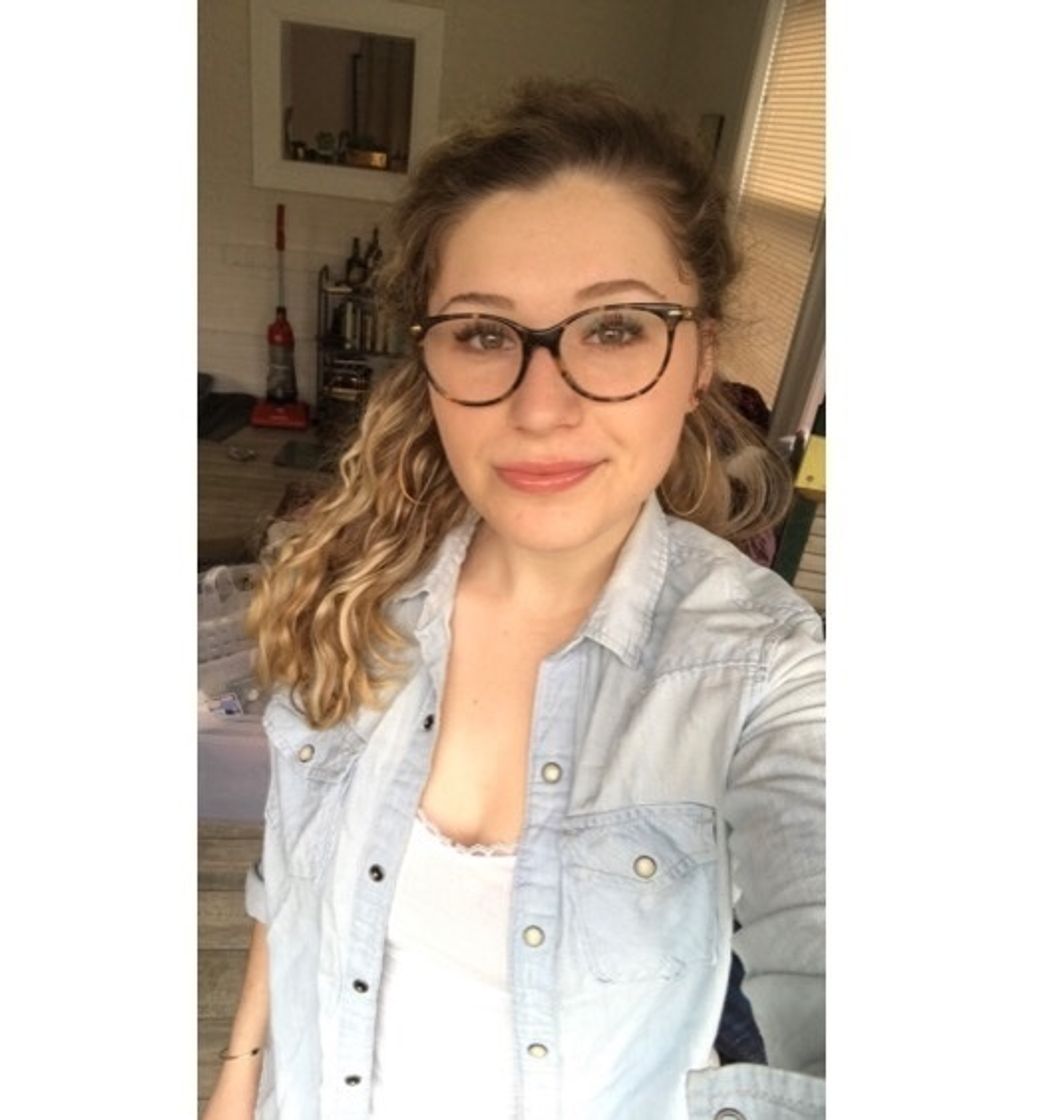You're having some drinks with friends and you see someone in your group pocket $20 from your buddy's bag. You would tell them right? While $20 isn't the end of the world it's still not okay to steal, and your friend should know about it so they can be more aware around that person. It's the same thing with sexual harassment and the beginnings there of. Imagine you don't say anything about the money, that person then sees what they can get away with and will continue to push boundaries.
As a young woman in this world (I am not excluding anyone, everyone is valid, but my experiences happened through the lens of my gender) we are all too often shown that we have to put up with certain behaviors of our male counterparts. We keep our heads down, we take the comments, we brush off the unwanted touches, etc. Because if we ignore it it'll go away, right? Actually the opposite. So much so that we don't even notice all the small stuff until it culminates in some awful way. Or maybe, you take whatever attention you get, wanting to advance yourself, as you seek approval in your craft. This is where toxic power dynamics come into play. Harassment is slowing down the advancement of women in theatre. Let's dive back into that money analogy. This time, the $20 is taken from you when it's only you and the perpetrator together. You think to yourself, it's not bad enough to make a big deal about, per se, and hopefully it won't happen again. To add another level, that perpetrator is in a position of power above you. You're now tasked with a piece of unsettling information regarding the person who holds weight over you in that project, or maybe even in your career.
So what becomes the priority?
Here's the kicker:
It's hard as hell to be brave. It's hard as hell to speak up. I wish I could say that it'll all go your way. It probably and usually doesn't. And that sucks. But that's why I'm fighting for change.
Isolation is your worst enemy. It's also the favorite tactic of abusers. Why? Through isolation, they are able to control the narrative they feed you. Harder still is the realization that not everyone you want to confide in is a safe space for you. But here's what you can do - if you see something, say something. But say something to that person, and that person alone at first. Do not assume an identity of victim for them, it is their story to tell. As my new found friend, Rachel Dart, founder of the advocacy group Let Us Work says, if you watch something happen that makes you feel uncomfortable wait until the instigator leaves and then approach whoever to basically ask "hey, how was that for you?" Maybe they didn't even pick up on anything weird. But it lets them know that someone else is there and they did. Maybe this does nothing or maybe this helps that person become more aware of their surroundings and boundaries that are being crossed.
This is a endlessly complicated topic. I get it. Everyone has different definitions of what's okay and what isn't. Everyone has varying beliefs of what is their business and what isn't. The best place to start is by finding your voice on what triggers you as inappropriate and building the confidence to say "please don't do/say that, it makes me uncomfortable." This seems simple. It's far from simple. But you are strong and you are not alone.

















